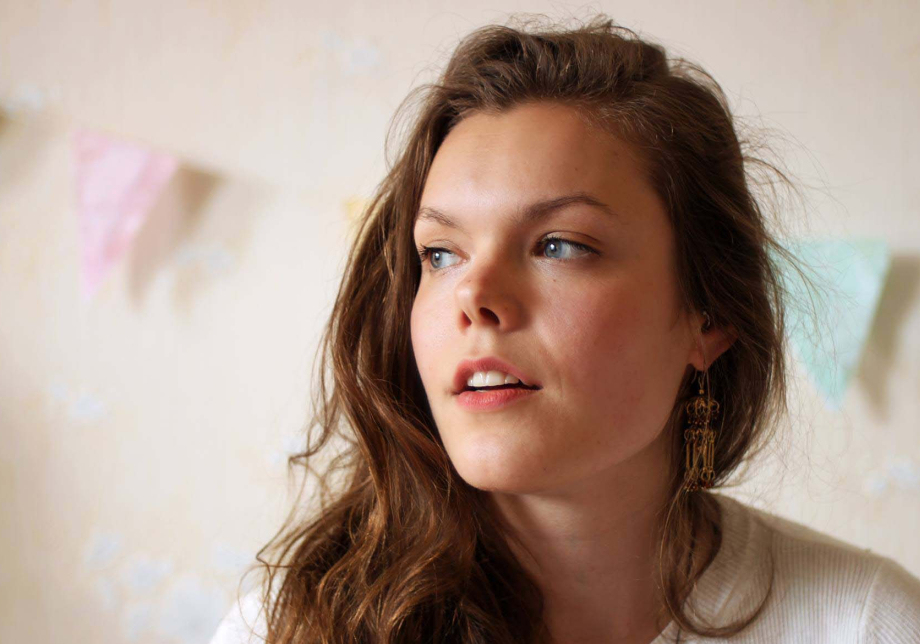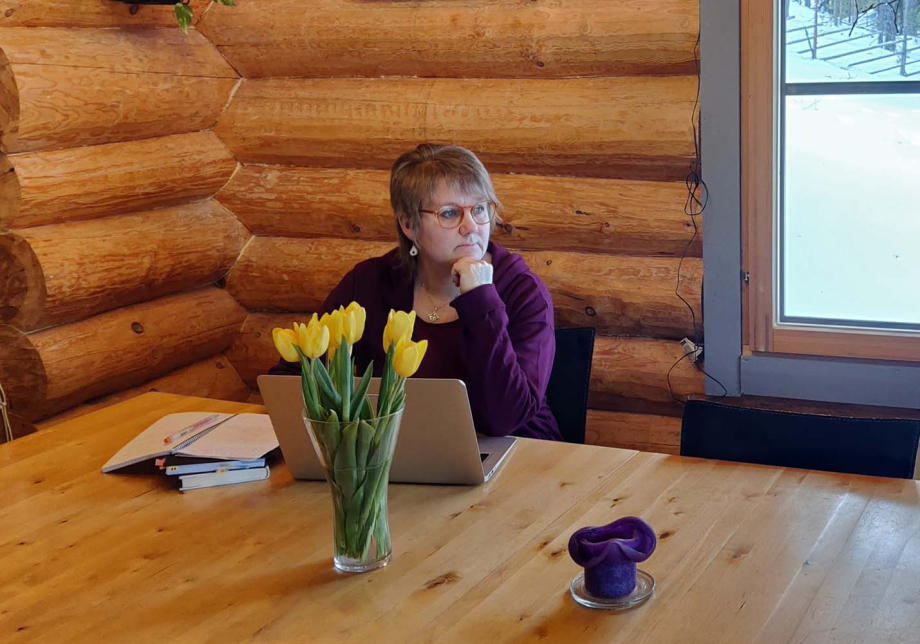Middle East Women’s Association offers a wide range of services and events

Housana Alfashtaki, who has a Syrian background, founded the Tampere-based Middle East Women's Association in 2018. The association’s roots are in a WhatsApp group founded a few years earlier in which women helped each other.
– The women in the group shared photos of special offers they found in stores, for example. In addition, the group shared information that is not easily found elsewhere, such as opening hours.
Originally, the goal of the Middle East Women’s Association was to develop women’s skills and recreational opportunities and to help Finnish society move forward. Nowadays, the association's services also partly apply to men. The association currently has around 70 members.
– I founded the association because I noticed that women and children need more support. We reach more people than we have members, because women can participate in our activities even if they are not a member.
I have noticed that there are also people in the capital city who follow us.
The main activities of the association include various services and events. The groups run by the association aim to strengthen the independence and willpower of women in everyday life. Women can participate in the groups regardless of age, and they promote the interests of both single women and mothers with their children.
– We are always asked if we could organise more of everything. I have noticed that there are also people in the capital city who follow us. According to them, there are many associations in the capital, but ours is better because we have a lot of cultural and integration activities.

Cultural events and recreational opportunities
In 2022, Taike awarded the Middle East Women’s Association a subsidy aimed at promoting cultural diversity and combating racism. With the support of the subsidy, the association has been able to organise cultural events and traditional celebrations, as well as maintain various groups.
– For example, we organised a New Year's party that was open to all women. In addition, we celebrated Finnish and Arabic Mother's Day. We gained a lot of customers and new members.
The association also offers help in dealing with official matters and filling out applications. According to Alfashtaki, the goal in the future is to offer even more cultural activities.
– We have really good facilities where cultural events can be organised. We want to teach children, for example, theatre in Arabic or Kurdish. We have one employee who is a theatre professional and teaches children to create their own plays.
The association's operations are not dependent only on subsidies, as it also generates income through sales.
– We try to raise money by selling food at our events. In addition, we have sold handicrafts related to our culture. We buy the materials for them from Egypt.

Goal of expanding operations
Alfashtaki says that the Middle East Women’s Association also organises events for large groups of people whenever possible. In spring, for example, it organises an Eid al-Fitr event to mark the end of fasting and Ramadan that is usually attended by hundreds of people.
– This year we decided to organise an event that was open to everyone. We had a dance band and a clown, and we also sold food, balloons and cotton candy. We are not able to organise larger events, but we do what we can afford.
In addition to supporting women and children from the Middle East, the association makes Middle Eastern culture known to native Finns. For example, during the Christmas season, the association has organised an event lasting several days at which oriental food is served and miniature models of landmarks from the Middle East and North Africa are displayed.
Subsidies help us develop our operations.
According to Alfashtaki, the association's goal is to do even more and on a larger scale in the future.
– Subsidies help us develop our operations. Our goal is to do more things related to culture and free time and to organise courses and other activities that immigrants need.
”Meet Our Funding Recipients” is a series of articles that introduces you to artists, working groups and communities who have received funding from Taike. In these interviews, funding recipients discuss their art and the projects they have been able to implement with the support of funding.









